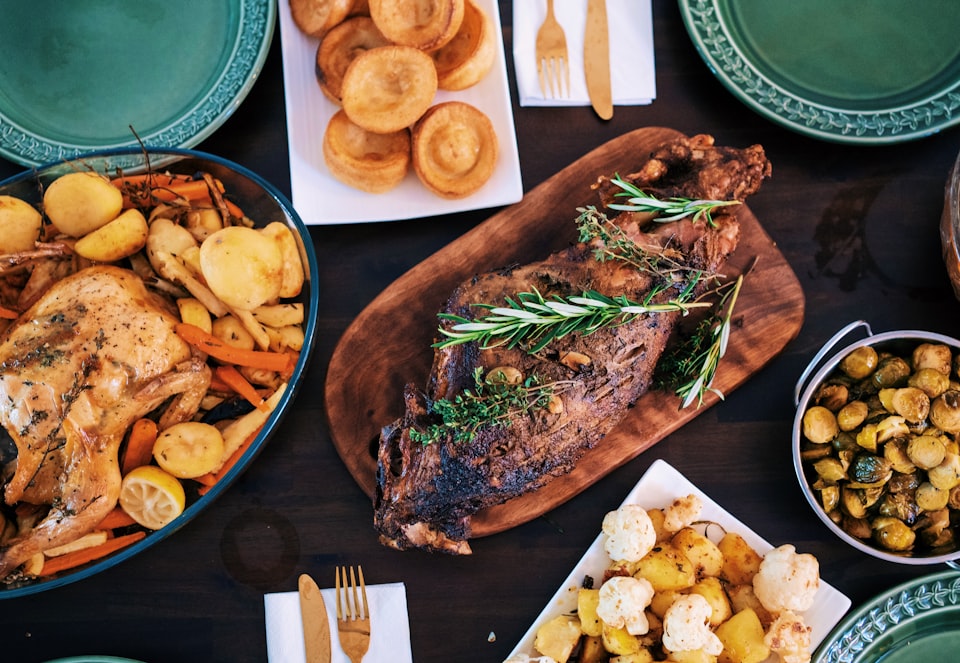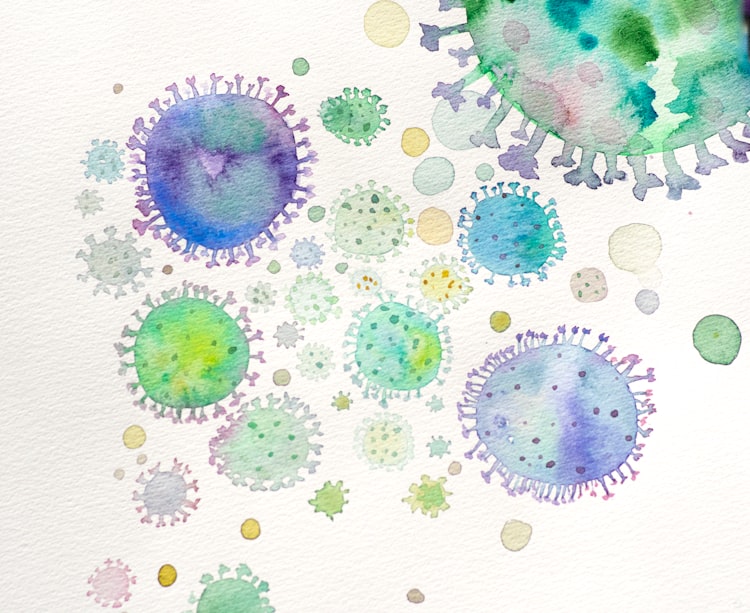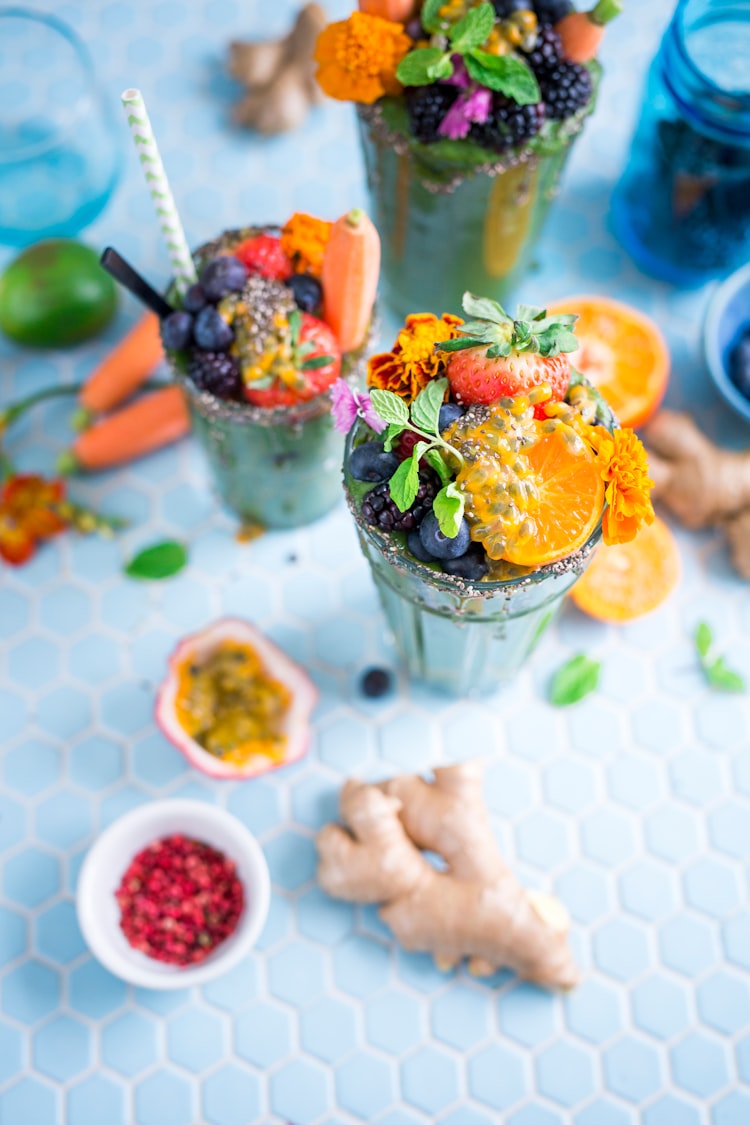Thanksgiving foods you can enjoy (and should avoid) if you have dry mouth

Thanksgiving is a time for family, friends, and, of course, food. But if you have dry mouth, the holiday feast can be a challenge. From sugar-laden cranberry sauces and pumpkin pies to tough-to-chew Turkey legs, many of the traditional Thanksgiving foods can make dry mouth worse.
Dry mouth, also known as xerostomia, is a condition that occurs when the salivary glands in your mouth don't produce enough nutrient-rich saliva. It can lead to a number of problems, such as an increased risk of cavities, bad breath, mouth sores, difficulty speaking, difficulty chewing and swallowing food, and a persistent bad taste in your mouth.
Now, if you're worried that you won't be able to enjoy your Thanksgiving dinner with family and friends, don't despair! There are plenty of delicious and healthy Thanksgiving foods that are safe and recommended for people with dry mouth. And, yes, there are some foods, and drinks, you should avoid, or limit.
In this article, I've listed the food types that are recommended for people with dry mouth, the foods that people with dry mouth should avoid, and Thanksgiving recipes that fall into the Recommended Foods category.
Foods Recommendations for People with Dry Mouth
- Wet foods. For obvious reasons, high-liquid or "wet" foods like gravies, smoothies, and soups go down easy, even if you have dry mouth. Just make sure they are not too sweet, spicy, or acidic. Also, don't forget to consume ample quantities of water throughout Turkey Day.
- Soft, easy-to-chew foods. If you don't want to live on a liquid diet (who does?!), you should look to soft foods, like mashed veggies or starches, yogurts, and soft grains (like stuffing). Adding oil (for example, as a dip for soft bread rolls) can help the food go down even easier.
- Lukewarm and bland foods. This food description might sound unappealing, but by lukewarm, I mean, food that is not too hot and not too cold. And by bland, I'm talking about foods that are not too spicy or seasoned. Think of these foods as "chill" and "low-attitude" instead!
- Frozen foods. Although it's best not to chew or crunch on cold foods, sucking on frozen foods, like frozen grapes, or low-sugar popsicles, can relieve some discomfort in your mouth while moisturizing it at the same time.
Foods that People with Dry Mouth Should Avoid
- Sugary and acidic foods and drinks. Unhealthy bacteria inside our mouths love sugar! In a dry mouth, these bad bugs can feed and multiply at will on a sugary diet! Acidic foods also break down your enamel and weaken your tongue's defenses against unhealthy bacteria.
- Caffeine and alcohol. The active ingredients in caffeine and alcohol act as diuretics, drawing water out of the body and making you more thirsty. And that's obviously a bad thing if you have dry mouth. Opt for decaf and nonalcoholic beverages instead.
- Dry, rough, hard, or sharp foods. Try to stay away from hard candy, nuts, chips, and animal bones (yes, that turkey leg, too). In addition to being tough to chew, they may also irritate dry and sensitive tongues or gums.
- Sticky foods. Some sugary foods can also coat your teeth with a sticky residue that invites plaque buildup. And that's bad news for your oral ecosystem, especially if you're not on top of your hygiene game.
Dry-Mouth Friendly Thanksgiving Recipes
I scoured the web for Thanksgiving recipes that align with the principles of the Recommended Foods section above. Here are a few of my favorites:
- Southern Candied Yams (no added sugar or oil)
- Moist and Tasty utternut Squash-Mushroom Stuffing - Delicious Low-Fat, Low-Sugar Pumpkin Pie
- Spiralized Winter Vegetable Gratin (season, or un-season, to taste)
- 29 Soups That Will Be the Star of Your Thanksgiving Spread
- 10 Healthy Soup Recipes to Keep Your Mouth Moist
- 1 Healthy, Low-Fat, "Un-Spicy" Turkey Gravy Recipe
If you belong to the Healthy Mouth Restoration Blueprint Community, leave a comment below or share your favorite dry-mouth-friendly recipes.





Member discussion